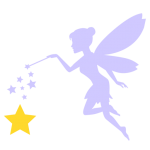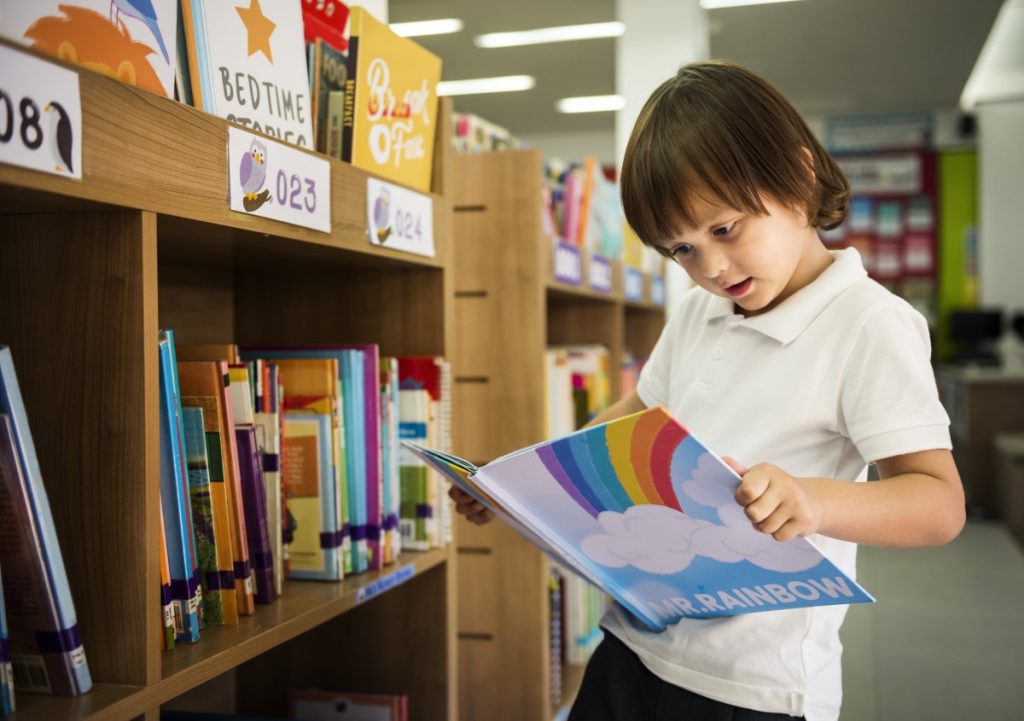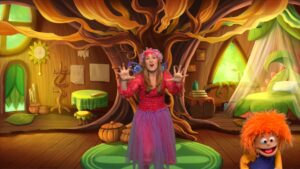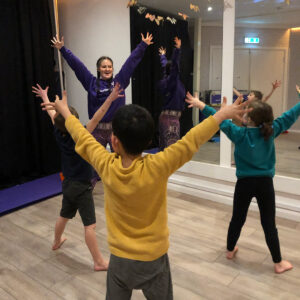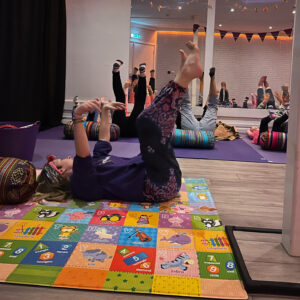NURTURING A LOVE OF READING FROM BIRTH
From the moment they are born, children are immersed in a highly social world and, as they grow, they are already beginning to develop a love of books and essential pre-reading skills. Even as a baby, they are beginning their journey as a reader by reaching and looking at touchy feely books and board books, which they can slowly begin to handle themselves.
You may notice that they begin to make noises and respond to what they see and hear and they may even help you to turn the pages. Young toddlers begin to recognise the front covers of their favourite books, recite some of the words and phrases from popular stories, ask questions about what they have heard and they may also make up their own stories. From this point onwards, you as the parent, are in a great position to ensure reading is a key part of your child’s routine.
You can help to develop your child’s early reading skills and it is one of the most important things you can do to prepare your child for reading.
But learning to read is a very complex process. There is so much that goes on in the brain when learning to read and although, learning to read is a natural process for many children, it can be a stressful and laborious task for others. So instilling a love of reading from a very early age can help to make this journey a positive and enjoyable experience and will help your child to develop a lifelong love of reading.
When your child moves on to preschool, they will be learning vital early reading skills which will build a strong foundation for starting school. They will be immersed in orange of activities including: listening to songs, rhymes and stories as well enhancing their speaking and listening skills. All of these activities and skills are learned in a fun and relaxing way but all are essential for the development of early language skills.
Make sure you not limit your child to just reading books. When you are at home or out and about, ask your child which words they recognise on signs as you walk to school or different types of packaging in shops and you may be surprised how many signs and symbols they can recognise they recognise! Their ability to use representational thought and symbols to stand for objects, people and events is now becoming more complex and sophisticated.
You may also have noticed their interest in asking many more ‘why’ questions as they will now be developing skills of logic to think about how and why things work. We all know preschoolers are naturally curious about the world around them but by providing the right support either at home or in a childcare setting, adults can help them develop their memory, reasoning and problem solving skills, as well as symbolic play, by reading quality children’s books with them. Such stories can encourage them to think about others in different social situations through gaining new cognitive skills.
Reading books about feelings with your child is a great way to promote social cognition as this will help them to communicate and play with others in a way which was not possible when they were a toddler. This will help them to settle more easily into their setting and give them the tools to develop new friendships and relationships with others.
Your preschooler may now also be demonstrating reading readiness by recognising different letters and sounds. At this stage, playing a variety or rhyming games and exposure to stories with rhyming patterns will help them to discriminate between similar sounds as well as beginning lots of fun too!
The teaching of reading through phonics has proven to be an successful approach for many children but, as mentioned earlier, learning to read is an extremely complex process and so, it is essential for your child to have acquired sophisticated language and communication skills in order to be able able to understand phonics. Supporting and encouraging such language skills from birth will provide your child with the crucial foundations to be a reader throughout their life.
Do remember that all children are individuals and, as such, so they all learn at different speeds. Be guided by your child’s own needs and interests and, remember, you are in the best position to know when they are ready. Reading is skill that takes time to develop but by investing your time from an early age will help your child to become a lifelong reader.
Reading top tips:
- Read together EVERY day.
- Reread favourite stories OVER and OVER again.
- Join a local LIBRARY.
- Read EVERYWHERE. Look for signs and symbols when you are out and about doing every day things.
- Make reading FUN!

